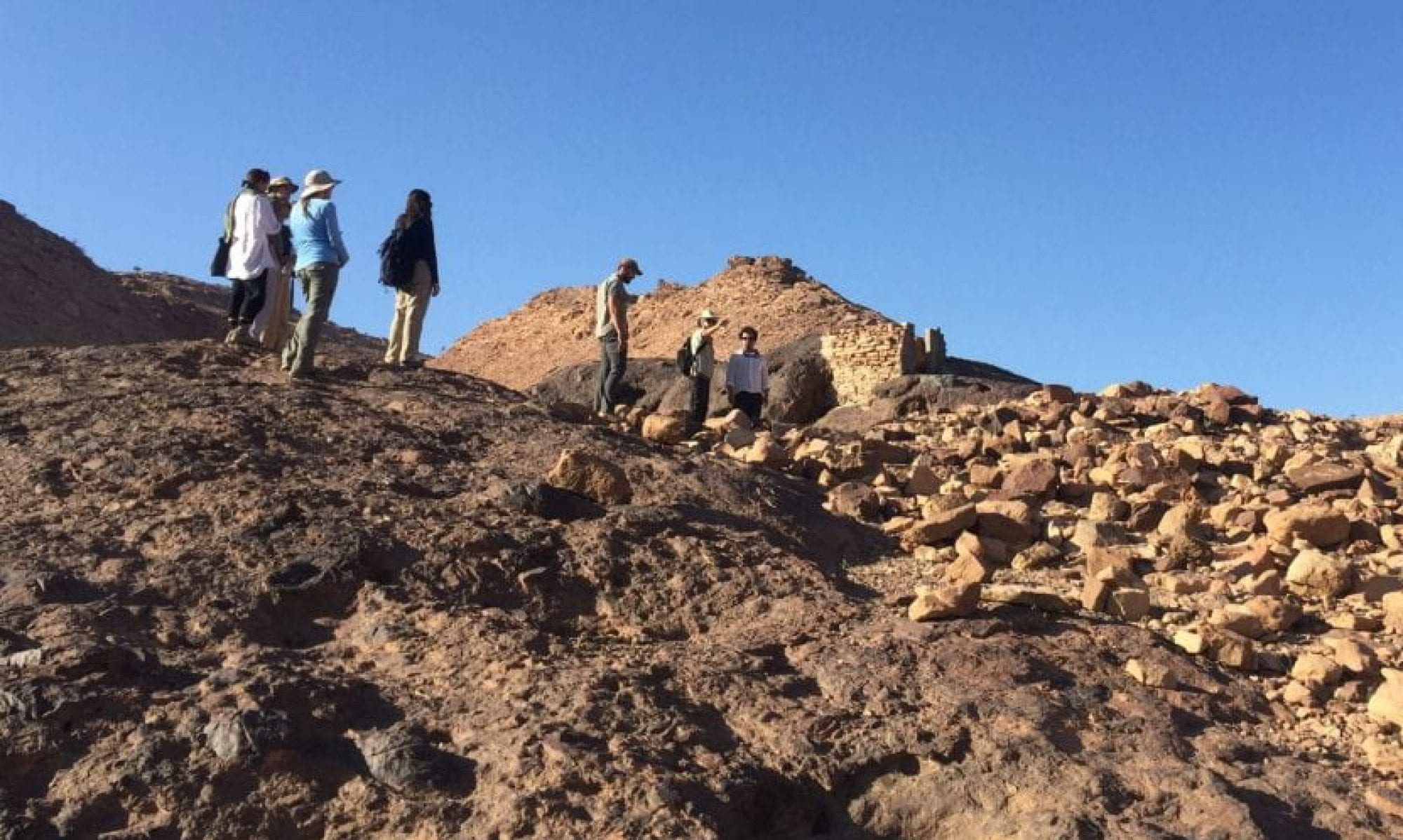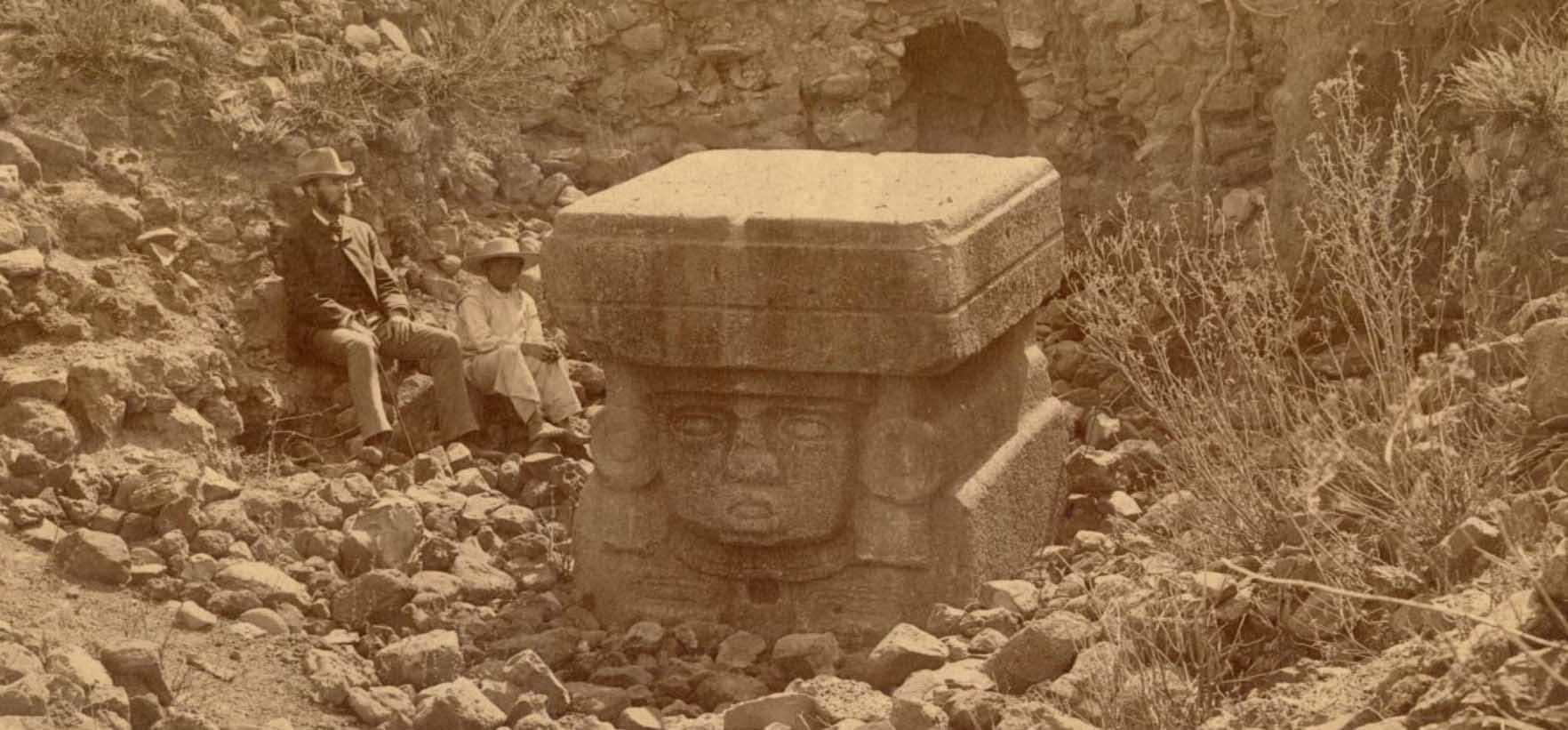November 13-14, 2015
Antiquarianism and collecting have been associated intimately with European imperial and colonial enterprises; however, both existed long before the early modern period and both were (and continue to be) practiced by people other than Europeans. Within the past decade, scholars have made significant progress in the documentation and analysis of “indigenous” or “local” antiquarianisms in the Americas and in the eastern Mediterranean. However, while the distinction between “indigenous” and “colonial” archaeologies initially helped to open this field of inquiry, it has also served to obscure the interactions, conflicts, and encounters between these notionally distinct traditions.
This symposium aims to trouble the divide between local and foreign antiquarian traditions by focusing on case studies drawn primarily from the eastern Mediterranean and central and south America. Both regions host robust pre-modern antiquarian traditions that have continued to develop throughout the periods of colonialism and crypto-colonialism. In both regions, moreover, colonial encounters are mediated in part by the Enlightenment antiquarianisms of west- and central-European elites. The two regions also exhibit salient differences. For example, European elites claimed the “antiquities” of the eastern Mediterranean as aspects of their own, “classical,” heritage, whereas they perceived those of the Americas as essentially foreign, even as they attempted to understand them by analogy to the classical world. These basic points of comparison and contrast provide a framework for conjoint analysis of the emergence of hybrid antiquarianisms: how the “indigenous” has inflected the “colonial,” and the “colonial” the “indigenous,” in the study of the antiquities of central and south America and the eastern Mediterranean.
PROGRAM
Friday, November 13 (John Carter Brown Library)
5:30pm Keynote lecture
Peter Miller, Bard Graduate Center
What Might a History of Antiquarianisms Look Like?
Saturday, November 14 (Joukowsky Institute, Rhode Island Hall)
10-11:30am Before Antiquarianism (Moderator: Johanna Hanink, Classics) What does it mean to speak of “antiquarianisms” before the European “Age of the Antiquaries”? How do we define, analyze, and compare antiquarian traditions in the absence of an emic concept of “antiquarianism”?
Allison Thomason, Southern Illinois University
Antiquarianism in Deep Antiquity: Royal Collecting of Ancient Objects in Mesopotamia
Felipe Rojas, Brown University
Connoisseurs, Amateurs, Poseurs: Local Interpreters of the Past in Roman Anatolia
Steve Kosiba, University of Alabama
Ancient Artifice: Presenting the ‘Past’ in the Inca Imperial Heartland (Cuzco, Peru)
12-1:30pm Entangled Traditions (Moderator: Andrew Laird, Classics and Hispanic Studies) What happens when distinct traditions of antiquarianism interact over common objects of interpretation? What are the potentials for exchange, dialogue, conflict, and misunderstanding? Do distinctions like indigenous / colonial, local / foreign, and traditional / modernist help us in discussing these case studies?
Byron Hamann, The Ohio State University
Las relaciones mediterratlánticas: Comparative Archaeologies in the relaciones topográficas (central Castile, 1575-1581) and relaciones geográficas (Spanish America, 1577-1586)
Giuseppe Marcocci, Università degli Studi della Tuscia
Inventing Antiquities: Annius of Viterbo, Motolinía and the Indians of New Spain
Emily Neumeier, University of Pennsylvania
An Albanian Vizier’s Claim to Antiquity in Ottoman Greece
2:30-4pm After Antiquarianism (Moderator: Peter van Dommelen, Joukowsky and Anthropology) Is “antiquarianism” a cultural universal? Does it have an opposite? Is “forgetting” a part of antiquarian practice, or antithetical to it?
Alfredo González-Ruibal, Consejo Superior de Investigaciones Científicas
The Virtues of Oblivion: Africa and the People Without Antiquarianism
Benjamin Anderson, Cornell University
Forgetting Athens
Robert Preucel, Brown University
Remembering White House: Materiality and Memory in the Post Pueblo Revolt Era
4-4:30pm
Closing discussion

